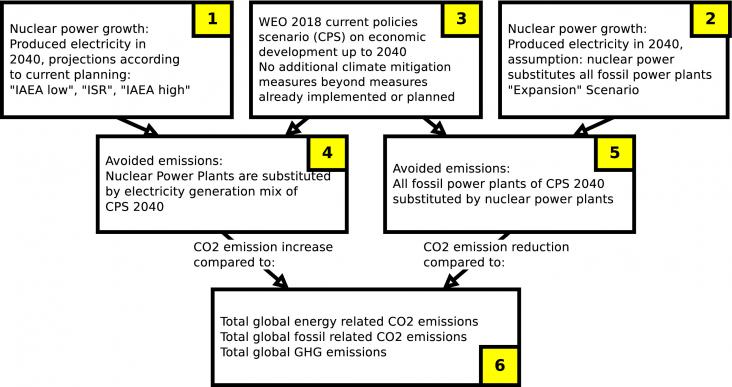Renewable energies have been discussed as the main efficient solution for solving many issues regarding climate change.
Urban areas are critical in accomplishing the clean energy transition and meeting the climate goals in the Paris Agreement.

As large renewable capacities penetrate the European energy system and the climate faces significant alterations, the future operation of hydropower reservoirs might deviate from today.
This article supports SDGs 7 and 9 by introducing interpretable artificial intelligence (AI) tools, especially proxy models based on artificial neural networks, efficient variable analysis and optimal value prediction of membrane electrode components in proton exchange membrane fuel cells, thereby improving their performance and reducing computational costs.
Elsevier,
Renewable Energy Systems
Modelling, Optimization and Control, Advances in Nonlinear Dynamics and Chaos (ANDC), 2021, Pages 687-705
This book chapter addresses SDG 7 by explaining how a stand-alone solar PV/wind hybrid system works including necessary controlling and modeling.
The review examined the potential of renewable and non-renewable energy resources and the current state of exploitation in Kenya.

Nuclear power's contribution to climate change mitigation is and will be very limited. Currently nuclear power avoids 2–3% of total global GHG emissions per year. According to current planning this value will decrease even further until 2040. A substantial expansion of nuclear power will not be possible. Given its low contribution, a complete phase-out of nuclear energy is feasible.



